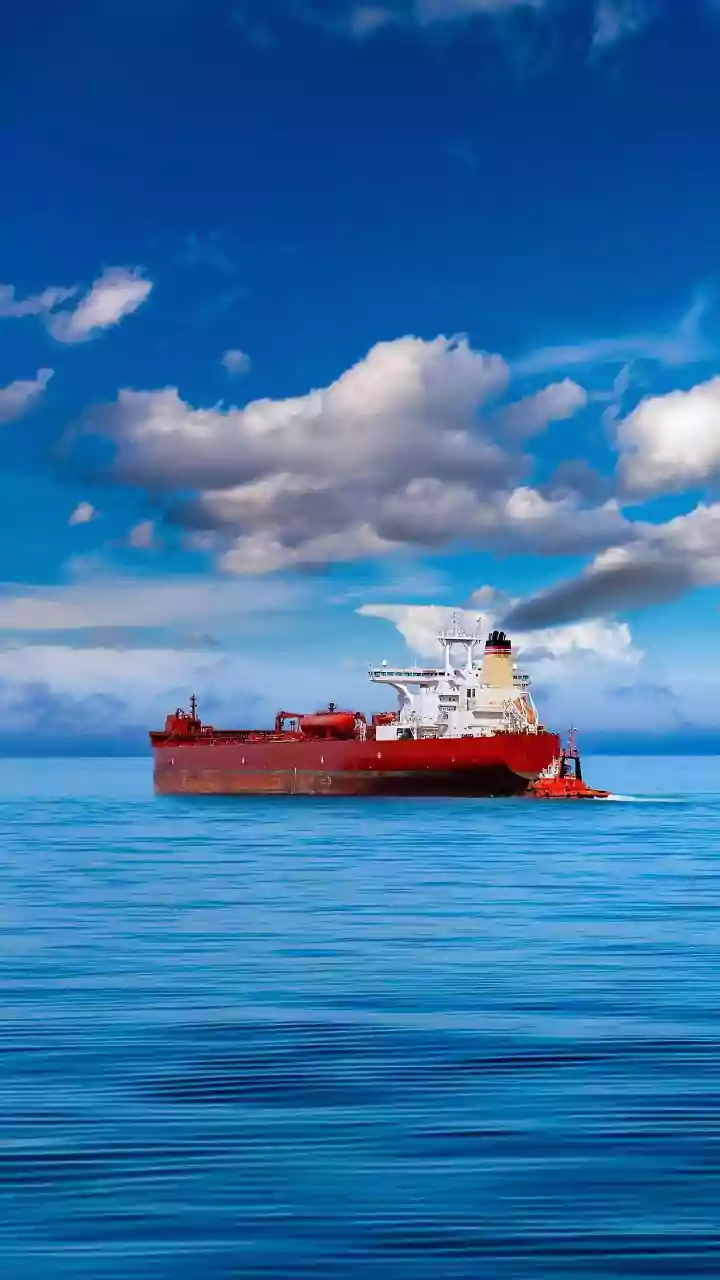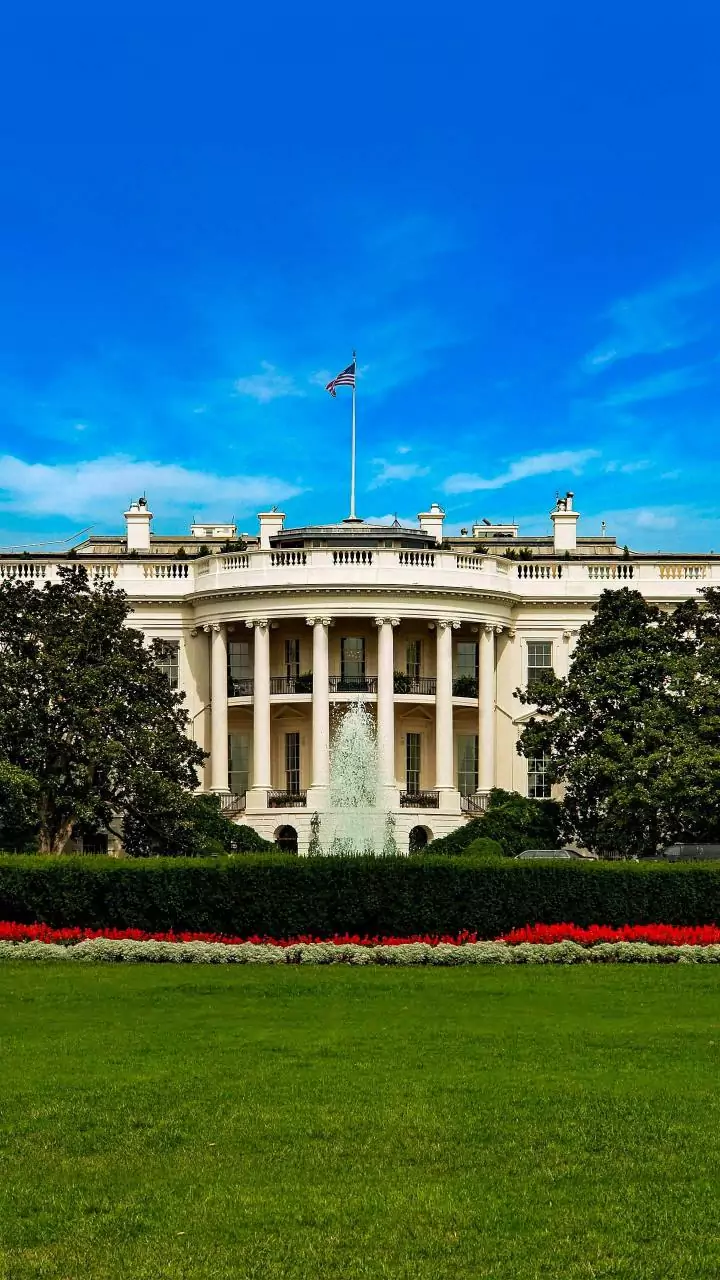What is the story about?
The Trump administration’s imposition of sanctions on Russian oil behemoths Lukoil and Rosneft on Wednesday represents a decisive escalation in Washington’s campaign to exert economic pressure on Moscow over its ongoing war in Ukraine.
The measures strategically target key revenue streams that underpin Russia’s military apparatus, threatening to constrain the Kremlin’s capacity to sustain its offensive. It also sent oil prices soaring, compelling major purchasers such as China and India to recalibrate their import strategies, an early illustration of the far-reaching reverberations of US financial leverage on global markets.
Impact on Moscow: Tightening the economic noose
For Russia, the sanctions strike at the financial heart of its war machinery. Lukoil and Rosneft together account for roughly half of Russian oil production, and the threat of disconnection from US banking channels intensifies pressure.
Analysts warn that while Putin may dismiss these moves publicly, long-term economic isolation could force strategic recalibrations. Additional US measures are reportedly being prepared against the banking sector and oil transport infrastructure, showing that Washington retains a broad toolkit to escalate pressure if needed.
Europe’s delicate balancing act
European nations are caught between solidarity with Kyiv and reliance on Russian energy. Lukoil operates refineries in Bulgaria and Romania and maintains a vast retail network across Europe. Fully sanctioning these assets could disrupt energy markets and domestic economies, making Brussels cautious about sweeping measures.
EU officials are exploring phased disengagement strategies, highlighting the structural complexity of decoupling from Russian energy.
European allies - buffeted by Trump's swings between accommodation and anger toward Putin - hope he keeps upping the pressure on Moscow, and are also mulling major actions of their own.
One senior US. official told Reuters that he would like to see European allies make the next big Russia move, which could be additional sanctions or tariffs. A separate source with knowledge of internal administration dynamics said Trump was likely to hit pause for a few weeks and gauge Russia's reaction to Wednesday's sanctions announcement.
Those sanctions took aim at oil companies Lukoil and Rosneft. The moves spiked oil prices by more than $2 and sent major Chinese and Indian buyers of Russian crude looking for alternatives.
Kyiv’s calculated optimism
For Ukraine, the sanctions are a positive development but fall short of comprehensive pressure. Ukrainian officials have urged further steps, including isolating Russian banks from the dollar-based system, but U.S. policymakers are pacing their approach.
Zelenskyy welcomed the sanctions as “very important” but stressed they are insufficient to compel Moscow toward serious negotiations. Meanwhile, US approval for providing targeting data for long-range Ukrainian strikes has moved to the more hawkish US European Command, signalling cautious support for Kyiv’s operational needs.
Geopolitical signals and future risks
Trump’s sanctions follow a tumultuous week in foreign policy, including aborted attempts to broker direct talks with Putin and inconclusive discussions with Zelenskyy over territorial concessions.
Analysts argue the current measures reflect a strategic pivot from diplomacy to economic coercion, with flexibility to escalate further. Europe’s cautious stance, combined with Washington’s potential use of frozen Russian assets to support Kyiv, underscores the delicate interplay between diplomacy, economics and military strategy.
Bottom line
The new sanctions highlights a high-stakes geopolitical game: the US is signalling readiness to pressure Moscow economically, Europe must manage the fallout of energy dependency and Kyiv gains limited leverage to pursue its objectives.
For Russia, the measures tighten the economic noose while exposing vulnerabilities in global oil markets and financial networks. The coming weeks will test how far Washington and its allies are willing to push and whether Moscow recalibrates its strategy or doubles down.





















